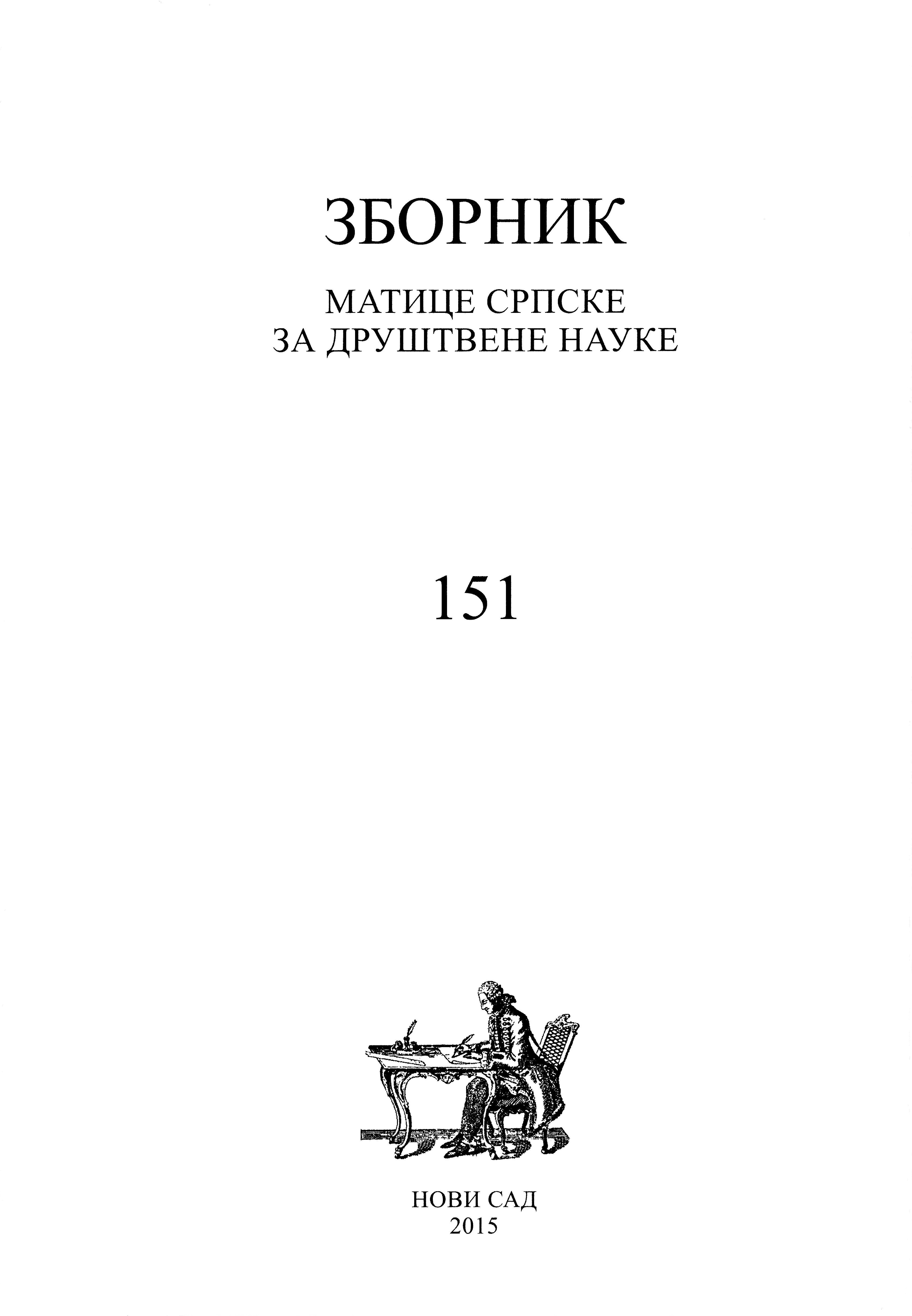Признање држава у међународном праву: случај Косова и Метохије
Recognition in International Law: The Case of Kosovo and Metohija
Author(s): Tijana ŠurlanSubject(s): Government/Political systems, International relations/trade, Comparative politics
Published by: Матица српска
Keywords: notion of recognition; theories on recognition; creation of states; elements of state; Brussels Agreement; non-recognition of Kosovo
Summary/Abstract: Recognition is an instrument of the public international law founded in the classical international law. Still, it preserves its main characteristics formed in the period when states dominated as the only legal persons in international community. Nevertheless, the instrument of recognition is today as vibrant as ever. As long as it does not have a uniform legal definition and means of application, it leaves room to be applied to very specific cases. In this paper, the instrument of recognition is elaborated from two aspects – theoretical and practical. First (theoretical) part of the paper presents main characteristics of the notion of recognition, as presented in main international law theories – declaratory and constitutive theory. Other part of the paper is focused on the recognition in the case of Kosovo. Within this part, main constitutive elements of state are elaborated, with special attention to Kosovo as self-proclaimed state. Conclusion is that Kosovo does not fulfill main constitutive elements of state. It is not an independent and sovereign state. It is in the status of internationalized entity, with four international missions on the field with competencies in the major fields of state authority – police, judiciary system, prosecution system, army, human rights, etc. Main normative framework for the status of Kosovo is still the UN Resolution 1244. It is also the legal ground for international missions, confirming non-independent status of Kosovo. States that recognized Kosovo despite this deficiency promote the constitutive theory of recognition, while states not recognizing Kosovo promote declaratory theory. Brussels Agreement, signed by representatives of Serbia and Kosovo under the auspices of the EU, has also been elaborated through the notion of recognition – (1) whether it represents recognition; (2) from the perspective of consequences it provokes in relations between Belgrade and Pristina. Official position of Serbian Government is clear – Serbia does not recognize Kosovo as an independent and sovereign state. On the other hand, subject matter of Brussels Agreement creates new means of improvement for Kosovo authorities in the north part of Kosovo. Thus, Serbian position regarding the recognition is twofold – it does not recognize Kosovo in foro externo, and it completes its competences in foro domestico. What has been underlined through the paper and confirmed in the conclusion is that there is not a recognition which has the power to create a state and there is not a non-recognition which has the power to annul a state.
Journal: Зборник Матице српске за друштвене науке
- Issue Year: 2015
- Issue No: 151
- Page Range: 289-306
- Page Count: 18
- Language: Serbian

